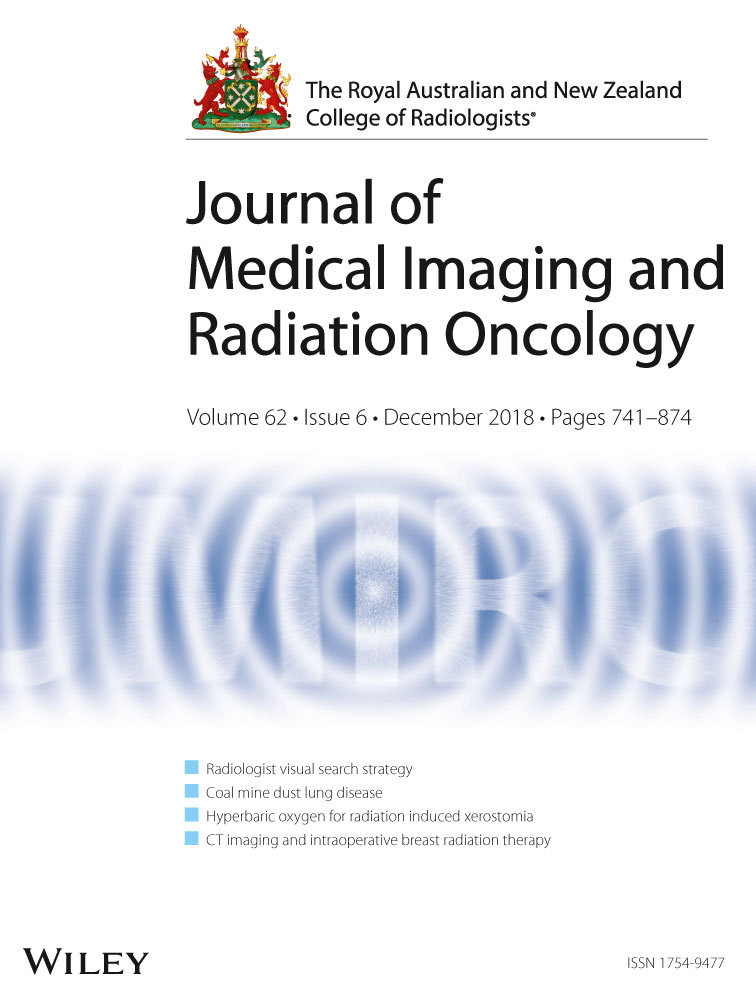Can radiation oncologists learn to be better leaders? Outcomes of a pilot Foundations of Leadership in Radiation Oncology program for trainees delivered via personal electronic devices
Abstract
Introduction
There has been no systematic attempt to enhance leadership capacity within radiation oncology as an integrated component of training. This pilot study examines an intervention to introduce basics of leadership learning to radiation oncology trainees.
Methods
A case-based learning tool was designed for delivery via trainees’ personal electronic devices. Eight typical workplace case scenarios representing leadership challenges were followed by multiple choice questions, key learning points and hyperlinks to relevant resources. Cases were automatically sent every few days over 4 weeks and participants’ responses anonymously collated by the delivery platform (QStream). In addition, an online survey was sent at completion of the program to capture trainees’ perspectives on the utility of this tool.
Results
Thirty-seven of 45 (82%) trainees participated: 21 females and 16 males. Twenty-six of 37 (70%) starting the program completed it. Sixteen (62% of ‘completers’) responded to the post-program survey. Fourteen of 16 (87.5%) agreed to the program and helped them identify ways they were already exhibiting leadership. Eleven of 16 (68.8%) agreed they had acquired knowledge that could assist them in being better leaders. Fifteen of 16 said the program made them consider future leadership possibilities in radiation oncology. Fourteen of 15 enjoyed the digital format. Most suggestions for improvement linked to a desire for more interactivity in learning these skills.
Conclusion
Piloting an online tool designed to introduce foundation leadership concepts to radiation oncology trainees has provided useful feedback to guide further development in this area. Although this method had high feasibility, it revealed the need for additional interactive methods for leadership learning.




